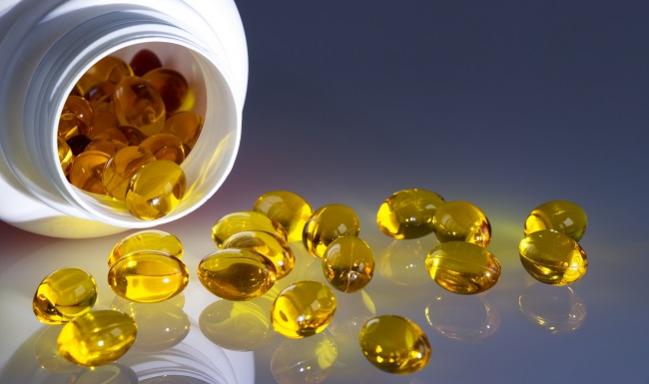European Regulators Strike Secondary Prevention Claim for Omega-3 Drugs
Reversing a decades-old authorization, the EMA concluded last week that omega-3 “medications” are not effective at preventing CVD following an MI.

Omega-3 fatty acid “medicines” in Europe can no longer contain labels stating that they are effective in preventing cardiovascular events after an MI, following a reanalysis by the European Medicines Agency (EMA).
Late last week, the EMA issued a statement noting that it had wrapped up a review launched in March 2018. The upshot: omega-3 products are no longer authorized for secondary prevention of CVD following myocardial infarction. This reverses the authorizations granted in a range of European countries over the last two decades permitting these products to be marketed at a dose of 1 g per day, in combination with other drugs, for reducing cardiovascular disease after an MI.
“Further data that have become available since then have not confirmed the beneficial effects of these medicines for this use,” the EMA statement reads. “Although there are no new safety concerns, EMA’s human medicines committee (CHMP) concluded that the balance between the benefits and risks of these medicines to prevent recurrence of heart disease or stroke is now negative.”
In recent months, a host of major trials seeking to prove a link between omega-3 supplementation and cardiovascular events have come up empty-handed. Investigators presenting the ASCEND trial at the European Society of Cardiology Congress said they’d found no benefit to fish oil supplements in preventing cardiovascular disease in patients with diabetes and called for guidelines recommending the products to be “revisited.”
A few months later at the 2018 American Heart Association (AHA) Scientific Sessions, investigators for the VITAL trial, launched by the US National Heart, Lung, and Blood Institute in 2009, reported no benefits to marine n-3 fatty acids at a dose of 1 g per day in preventing cardiovascular events in patients with no CVD at baseline.
European CVD prevention guidelines issued in 2016 concluded that it is “debatable” whether omega-3 fatty acids exert any positive effects in terms of preventing death, coronary artery disease, or stroke. The AHA, on the other hand, issued a scientific advisory in 2017 stating that omega-3 fatty acids could be considered a reasonable option in secondary prevention, particularly in individuals who have had an MI—advice that is now at odds with the opinion of European regulators.
The full list of European drug makers with omega-3 fatty acid medicines previously approved for secondary prevention following MI is available via the EMA’s website. Of note, the EMA’s conclusions do not affect the authorization of omega-3 fatty acid medicines for the treatment of hypertriglyceridemia. Vascepa (Amarin), the prescription strength omega-3 fatty acid formulation icosapent ethyl, is not listed among the medications affected by the decision. Also reported at the recent AHA 2018 meeting, the product was found in the REDUCE-IT trial to reduce cardiovascular events in statin-treated patients with high triglyceride levels and either established cardiovascular disease or diabetes plus risk factors.
Shelley Wood was the Editor-in-Chief of TCTMD and the Editorial Director at the Cardiovascular Research Foundation (CRF) from October 2015…
Read Full BioSources
European Medicines Agency. Omega-3 fatty acid medicines no longer considered effective in preventing heart disease. Published on: December 14, 2018. Accessed on: December 18, 2018.


Comments